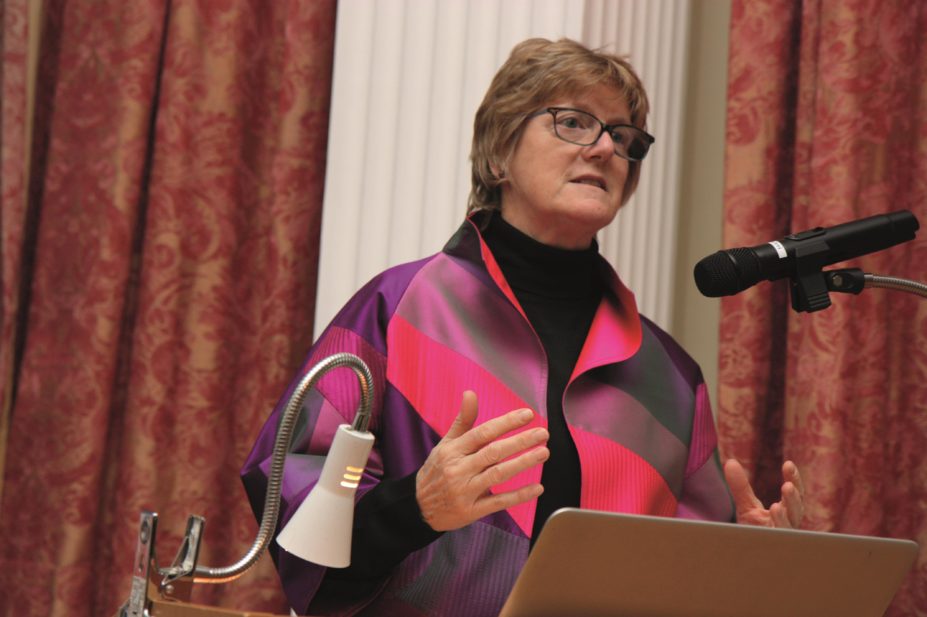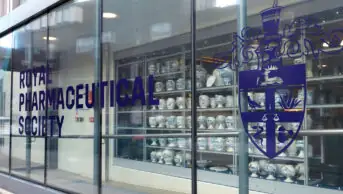
Wikimedia Commons
The pharmaceutical industry should fund randomised controlled trials (RCTs) of medical cannabis, to improve access to drugs for patients, Dame Sally Davies, chief medical officer for England, has told MPs.
Speaking to the House of Commons Health and Social Care Select Committee evidence session on medical cannabis policy, Dame Sally said that while the public sector had a role in funding RCTs, such trials “would normally be funded by the industry”.
“I think it is time that the industry started to say what it’s going to do about funding trials to get the licences so patients can have access. This can’t be just left to the public sector,” she added.
Asked if RCTs were the only way to establish the drug’s efficacy and safety, Dame Sally said that these kind of trials were the only way to get products licensed, adding that the process needed to begin “as fast as we can”, and that the trials could be ended if strong evidence arises “one way or the other”.
The National Institute for Health Research, funded by the Department for Health and Social Care (DHSC), has put out two calls for trial funding; however, responding to the same question from MPs, Alette Addison, head of pharmacy and regulation at the DHSC, said that while more than 80 patients were currently receiving Epidiolex (Greenwich Biosciences, California), a cannabidiol (CBD) oral solution for severe epilepsy, “our difficulty is that the evidence for adding [tetrahydrocannabinol (THC)] to CBD, and whether that makes any difference, doesn’t exist at the moment. That’s what we need the trials for”.
Peter Carroll, director of End Our Pain, which campaigns for access to medical cannabis, said that although RCTs were “the gold standard … we have to take a broader view of the evidence”.
“There is a point where multiple anecdotal stories do actually build up to a pattern of evidence.”
Carroll’s view was echoed by Mike Barnes, professor of neurology and chair of the Medical Cannabis Clinicians’ Society, who added that observational trial data should be taken into account.
“I agree, totally, that we need RCTs, but it would be very difficult to conduct those studies,” he said, citing the different levels of THC needed by individual patients.
Addison added that she was not surprised by the small number of medical cannabis prescriptions issued since 1 November 2018. “When we look at the experience of other countries, it is a very slow start and it does build.”
She added that “doctors are only going to be confident prescribing if they have the evidence base to do so. And it’s just not there at the moment”.
Helen Cross, head of developmental neuroscience at the UCL Great Ormond Street Institute of Child Health, who works with patients with complex epilepsy, said that patient expectation had meant that “probably 70% to 80%, if not more, of my clinics now are taken with explaining the position”, and said that it in a minority of cases it had made relationships with patients “quite difficult”.
A second evidence session will be held on 26 March 2019.

